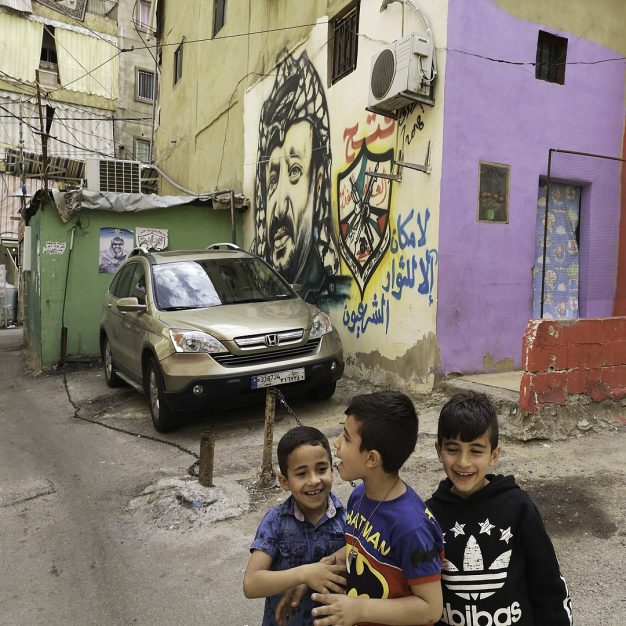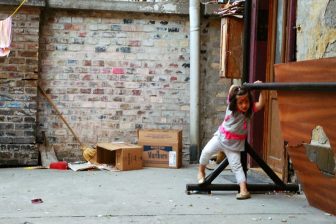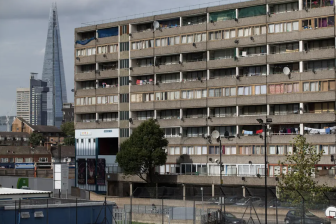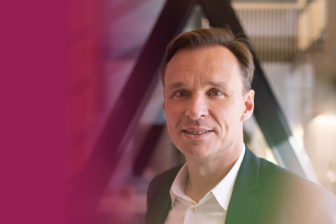
Navigating the Nexus: A brighter future for children in urban contexts in Lebanon
Two billion people live in countries where development outcomes are deeply affected by fragility, conflict and violence, and which are some of the most dangerous places in the world to be a child.
Additionally, the causes of multidimensional fragility are often more intensive in cities, and urban environments contribute to unique manifestations of fragility, according to a report by World Vision International, a leading international humanitarian charity.
After decades of civil war, Lebanon was already one of the most fragile countries in the world. Although Lebanon is an upper-middle income country where over 88 per cent of the population live in urban areas, Lebanon is ranked as the 34th most fragile state in the world, and its position is expected to deteriorate with the recent emergence of concurrent crises. The Syrian war, economic and financial crises, political instability, the COVID-19 pandemic, and the explosion at the Port of Beirut have only further exacerbated the fragility of the country.
Given the rising need for humanitarian support, says the charity, along with the government’s ‘inability’ to meet this demand for assistance, non-governmental organisations (NGOs) including World Vision have been challenged to fill the gap. Emerging from the 2016 World Humanitarian Summit’s discussion around improving connectivity between humanitarian and development efforts, the international community calls for a more comprehensive approach that effectively tackles factors of heightening fragility by linking the nexus of humanitarian, development and peace building efforts on a programmatic level.
This triple nexus is an operational framework that aims to overcome siloed, output-oriented aid operations through a coordinated effort between the relevant actors implementing these types of programming. By approaching humanitarian, development and peace building efforts as interconnected, it not only addresses immediate needs but also builds resilience to future shocks.
In line with the nexus framework, World Vision is breaking internal siloes and strategically developing new, agile ways of working that span the humanitarian, development and peace building nexus in these unique and unpredictable settings. This has led to the development of World Vision’s Fragile Contexts Programme Approach (FCPA), which began in 2017.
‘Addresses the systemic causes of conflict’
Evidence shows that the FCPA allows frontline teams to work effectively in places that were previously judged to be too risky for a long-term programming presence. The new approach also enables World Vision to work with partners to address immediate survival needs without neglecting longer-term investments that address the systemic causes of conflict and vulnerability and that build peace. These interventions reduce the impact of recurrent shocks and stresses, which is essential for development and child well-being gains to be sustainable.
Rising fragility under concurrent crises and a high urbanisation rate make Lebanon a uniquely challenging context that has an urgent need to realise a better nexus approach to address urban fragility. While World Vision Lebanon (WVL) has not yet implemented World Vision’s FCPA, WVL has adopted principles of the FCPA in their programming related to the humanitarian development-peace building nexus.
‘High urbanisation rate’
This case study examines WVL’s current urban programming to understand how World Vision is operationalising the nexus in fragile urban contexts. The study identifies enabling factors for success as well as several barriers that constrain the realisation of a nexus approach. To overcome these barriers, the paper also provides recommendations for the Government of Lebanon, donor agencies and international organisations on how to fill the gaps that currently exist and strengthen nexus programming.
It is predicted that by 2030, 80 per cent of people experiencing extreme poverty will be living in fragile contexts, and a staggering 96 per cent of urban growth is expected to take place in developing countries in cities that already face fragility. There is tremendous need to address both the immediate humanitarian needs and the root causes through effective collaboration across the triple nexus, and World Vision is well-positioned to enact this approach for the wellbeing of children and communities in Lebanon’s unique urban context.
Click here for a full report by WVI.
Credit: WorldVision/ReliefWeb




